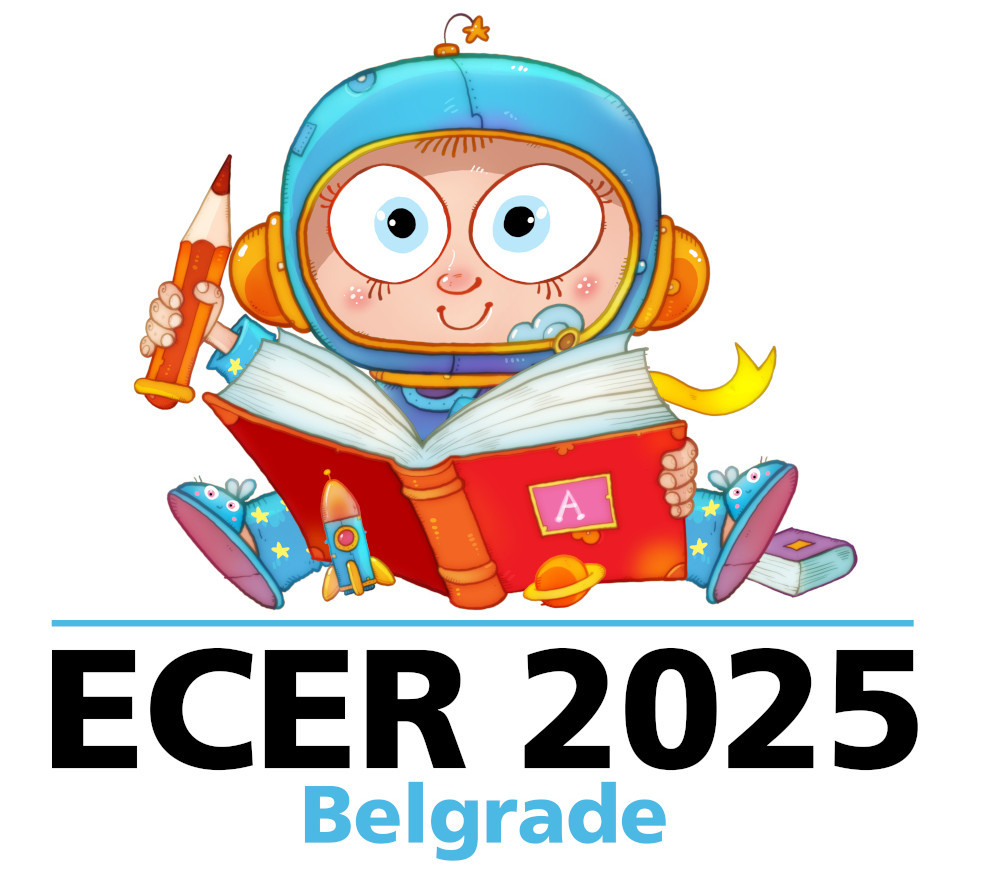No doubt that education has a central role in society, but what it is destined to do is contested politically as well as scientifically. Yet more debate is had concerning the question of the way in which educational research should shape the future of educational practice. The important, but sensitive role educational research occupies in that regard should be the promotion of a better understanding of the contemporary and future world of education, as is expressed in EERA’s aim.
What makes this role so sensitive? The world of tomorrow is never known, the world of today is a world of escalating ideological tensions, dizzying and unpredictable growth of technologies and groundbreaking climate changes, affecting the daily lives and perspectives of every living creature. The effects this uncertainty already bears on education—in Europe and beyond—may be as novel as they are numerous, but the question they bring to the fore is an old one: how can education and educational research best support the charting of the way forward?
When asking this question, one needs to keep in mind that neither education nor educational research represents a uniform system. Educational practices from across various regions and nations of Europe all reflect their respective and unique cultural contexts, much like the multitude of approaches to educational research reflects a rich variety of disciplinary, methodological and theoretical perspectives present in the field.
This breadth of educational research could be interpreted as a strength, as an opportunity or a challenge, meaning the transdiciplinarity of educational research has a potential of addressing the complexity of challenges posted on various and combined levels. The phenomenon of ambiguity, where boundaries seem increasingly permeable across various domains of policy, education and research, is notably evident within the field of educational research. Embedded in this is a belief in education's boundless potential alongside very pessimistic perspectives of its strong limitations.
Finding the most influential factors shaping educational systems and processes, taking care of every child’s personal wellbeing and positioning education itself in the wider societal puzzle of environmental and demographic changes, as well as changes with regards to the role of artificial intelligence in everyday life are among the many challenges educational research is called upon to answer.
Therefore, we envision ECER 2025 as a forum for ways of collaboratively charting how education, across diverse domains, can contribute to the nurturing of individual's potential and wellbeing, as well as being a societal institution creating community and society with a respect for the differences between us. A warm welcome to Belgrade to all.

Important Dates ECER 2025
01.12.2024 | Submission starts |
31.01.2025 | Submission ends |
01.04.2025 | Registration starts |
01.04.2025 | Review results announced |
15.05.2025 | Early bird ends |
25.06.2025 | Presentation times announced |
30.06.2025 | Registration Deadline for Presenters |
08.09.2025 | ERC First Day |
09.09.2025 | ECER First Day |
Conference Venue
Main Building (Check-in etc):
University of Belgrade
Faculty of Philology
Studentski trg 3
Belgrade

Ed Research in Serbia
While preapring for ECER 2025, read the Blog Post introducing some specifics of educational research in Serbia.
Towards reconnecting within and beyond the educational research community in Serbia
